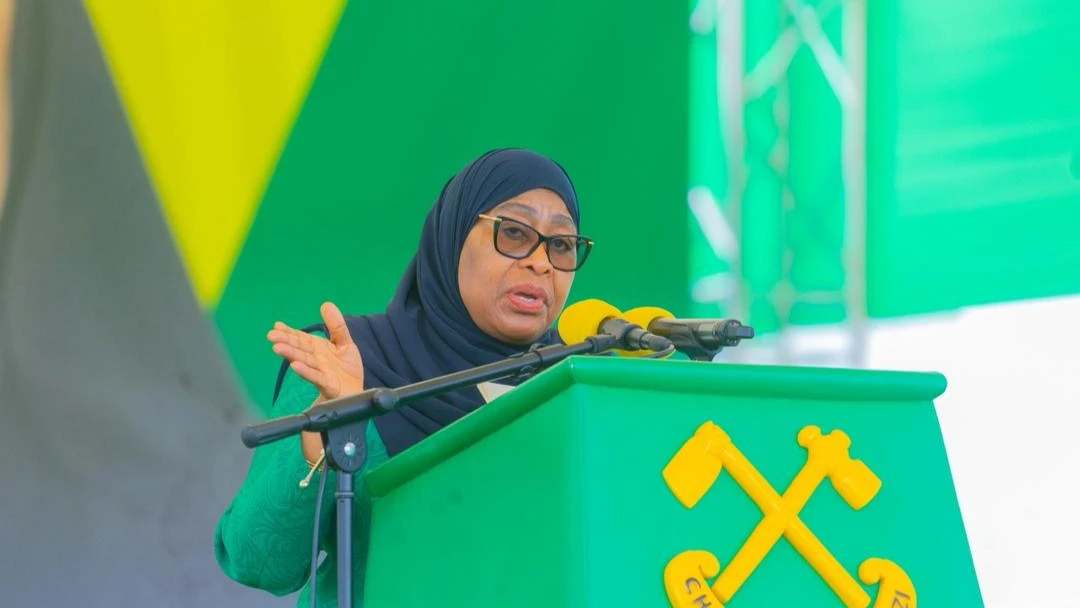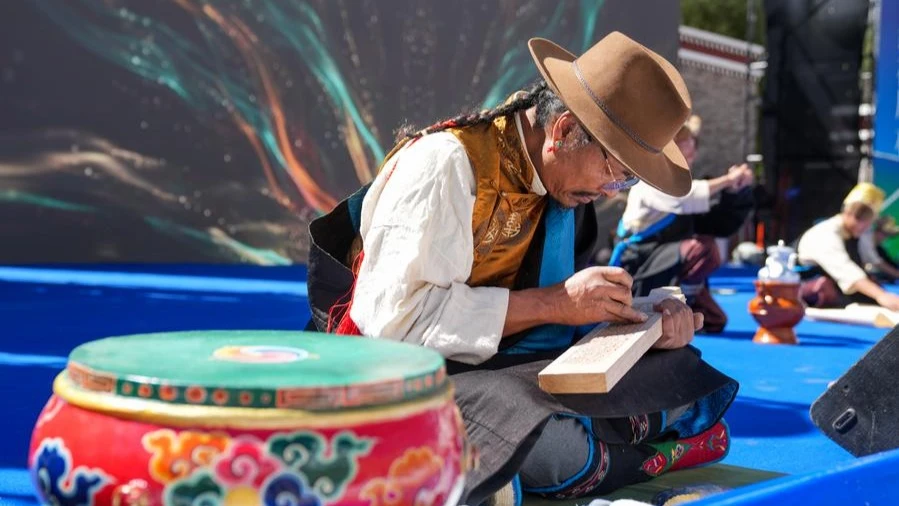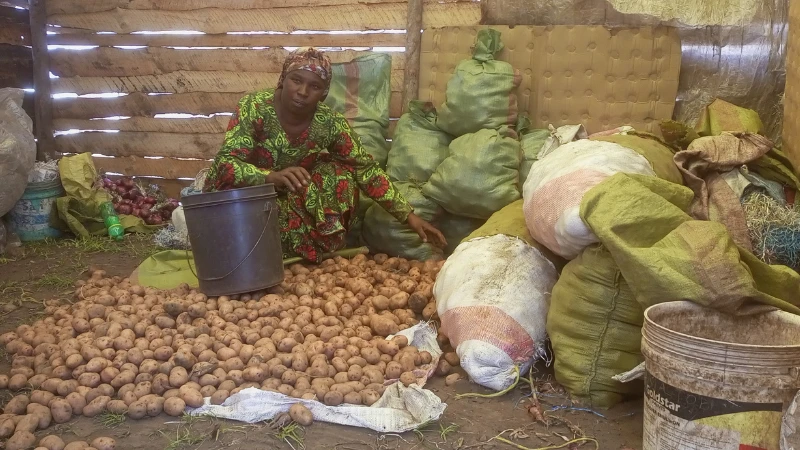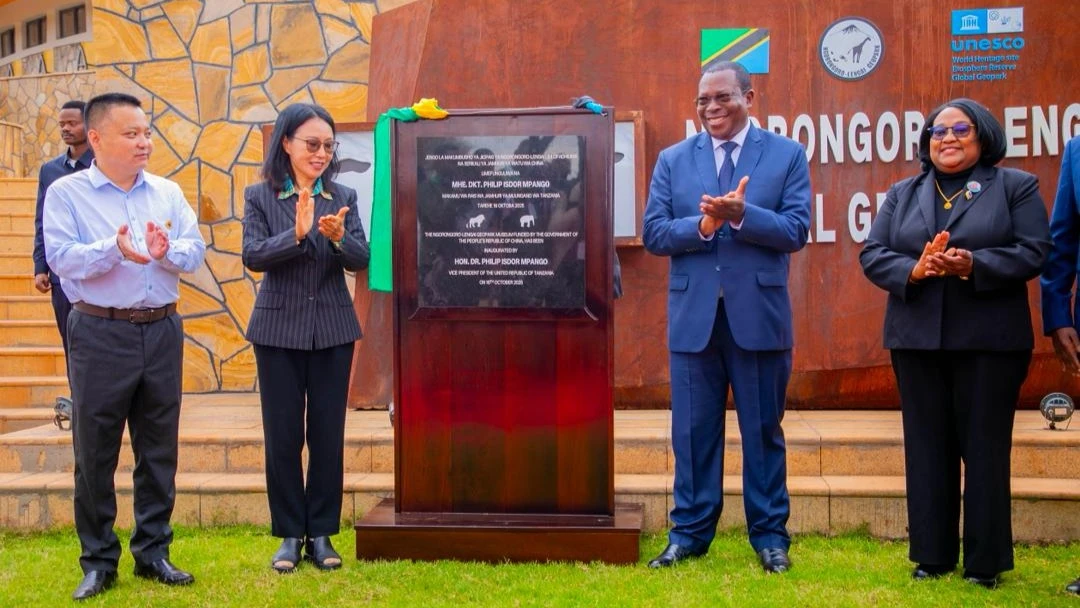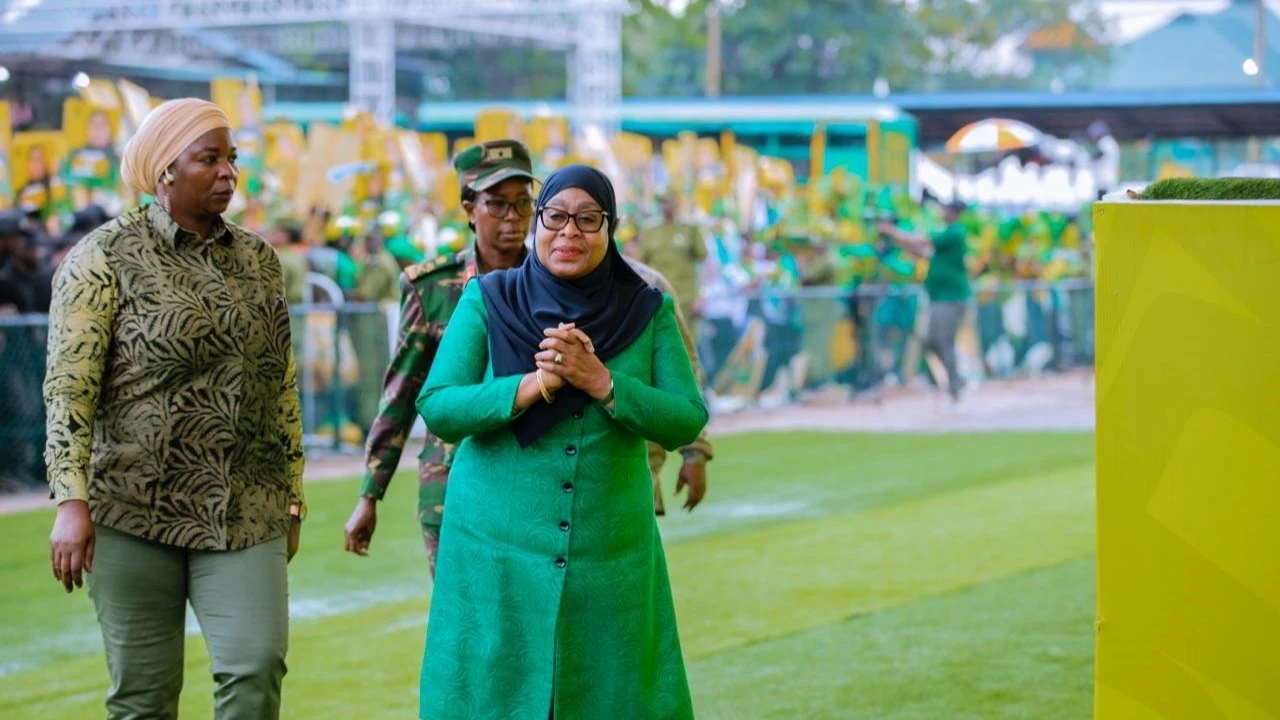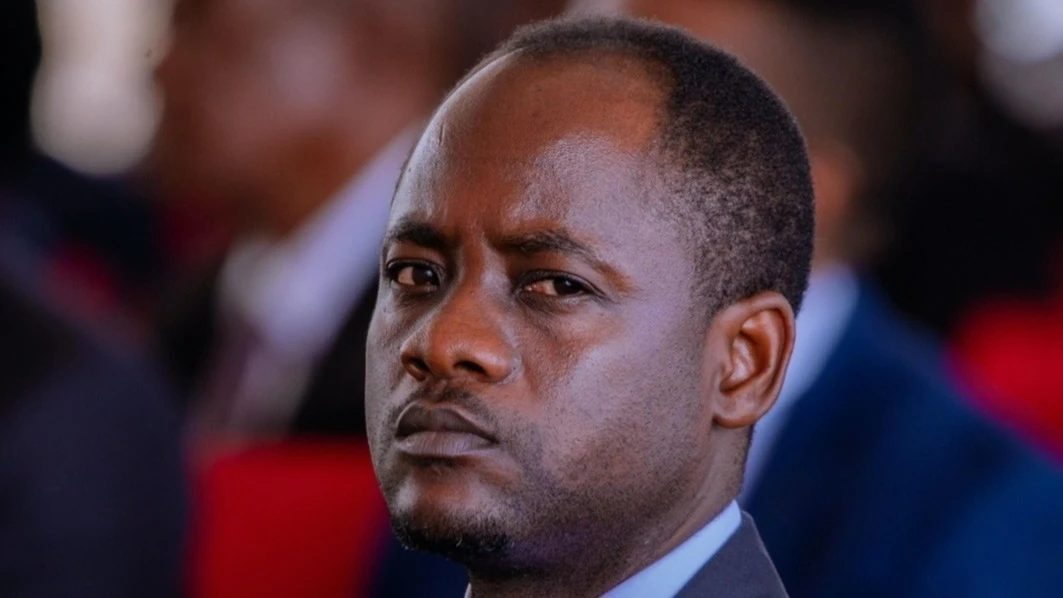Resounding voice: ‘The girl I am, the change I lead’

TANZANIA joins other nations across the world to mark International Day of the Girl Child observed each year on October 11. This year's theme is: “The girl I am, the change I lead: Girls in the frontlines of crisis”. International Day of the Girl Child was adopted by the United Nations General Assembly on December 19, 2011 through Resolution 66/170.
As the world observes this day, the United Nations calls on all people and nations everywhere to see girls for who they truly are, listen to their voices and recognise their limitless potential.
Girls in various parts of the world face the challenges of sexual abuse and exploitation, rape, violence, and female genital mutilation (FGM), among other things, which normally subject them to trauma, deep-seated resentment, and psychological pain throughout their lifetime. Some girls may talk about their awful experiences, and others may feel shy to share them.
In war-torn countries, women and girls, especially, experience untold suffering. According to Global Peace Index (GPI) 2025, global peacefulness continues to deteriorate and many of the leading factors that precede major conflicts are higher than they have been since the end of World War II (WWII). “More countries are increasing their levels of militarisation against the backdrop of rising geopolitical tensions, increasing conflict, the breakup of traditional alliances and rising economic uncertainty.”
In the circumstances, often women and girls fall victim to sexual gratification and abuse, violence and exploitation. Even where there is no war or conflict some women and girls experience not only the trauma of rape, but also of gang rape.
What horrendous trauma! A lady ‘X’ confided to me that she is a victim of rape, and her first born daughter also is a product of rape. God has blessed the lady (who is now widowed) with two children both of who are girls.
Her first born daughter also is blessed with two children, and she is the one supporting her mother financially. Although the lady regrets to have been raped, when she was still a girl, she loves her daughter and the daughter too loves her mother.
International Day of the Girl Child reminds all of us that “Every girl, everywhere, deserves equality, opportunity, and dignity,” says UN Secretary-General Antόnio Guterres.
The protection of the girl child can be realised through access to quality education, and healthcare, equal treatment of both boys and girls, and through meeting their basic needs.
In some societies, girls are discriminated against just because of their gender and parents invest more in the education of boys than in the education of girls. Sometimes girls drop out of school because of early marriage or the family’s income poverty.
Although many African countries are parties to Convention on the Rights of the Child (1989), African Charter on the Rights and Welfare of the Child (1990), and have also enacted domestic laws to protect children, girl children are still inadequately protected compared to boys.
Girls bear the brunt of household chores more than boys. In many families, it is the girls who often wash family clothes, dishes, help to cook, and clean the house, while boys may play with their peers.
Tanzania is a party to Convention on the Rights of the Child and to African Charter on the Rights and Welfare of the Child, and in 2009 it enacted the Law of the Child Act (R.E. 2019) “to provide for reform and consolidation of laws relating to children, to stipulate the rights of the child and to, promote, protect and maintain the welfare of a child with a view to giving effect to international and regional conventions on the rights of the child…”
While section 4(1) of the Law of the Child Act establishes that a person below 18 years old shall be known as a child, subsection (2) provides that “the best interests of a child shall be a primary consideration in all actions concerning children whether undertaken by public or private social welfare institutions, courts or administrative bodies.” This Article reaffirms Article 3 of Convention on the Rights of the Child, and Article 4(1) of African Charter on the Rights and Welfare of the Child.
Section 5 of the Law of the Child Act provides for non-discrimination based on gender, race, age, religion, language, political opinion, disability, health status, custom, ethnic origin, rural or urban background, birth, socioeconomic status, being a refugee or other status. The Beijing Declaration and Platform for Action (1995) stipulates the rights of not only women, but also of girls. “It is the first to specifically call out girls’ rights,” says a UN statement on the occasion of International Day of the Girl Child.
The Law of the Child Act (R.E. 2019) stipulates the rights of both boy and girl children without any discrimination so that they are equally protected and supported to realise their potential.
UN data shows that 133 million girls are out of school today, girls aged 15-19 are more likely to not be in education, employment or training than boys, and about 4 in 10 girls and young women do not finish upper secondary school, 1 in 4 ever-married or partnered girls aged 15-19 years have experienced intimate partner violence in their lifetime.
It also shows that more than one third of boys and girls aged 15-19 years consider a husband is justified in hitting his wife under certain circumstances. As we mark International Day of the Girl Child, let us reaffirm our commitment to empower girls to voice their concerns and afford them equal opportunities to realise their potential.
· The author is a Dar es Salaam-based lawyer. He can be reached at t22magobe@gmail.com
Top Headlines
© 2025 IPPMEDIA.COM. ALL RIGHTS RESERVED












